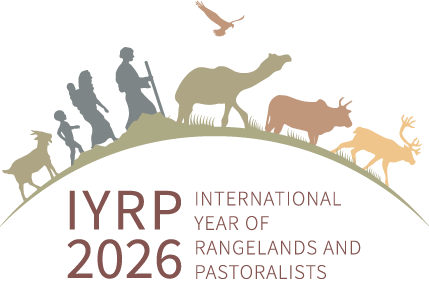ICAR- IndiaGrassland and Fodder Research Institute, Jhasi, U.P., India.
Rangeland/ Grassland conservation, restoration and sustainable management is crucial for ecological stability, making India a fodder surplus country, meeting the country’s commitment towards Cop14 (restoring 26 million ha degraded land by 2030). India does not have a national policy on grazing and grassland management addressing pastoralists concerns and interests. This has become more relevant in the light of the UNO declaration of the year 2026 as ‘International year of Rangeland and Pastoralists’. Grasslands sustenance is crucial for eco-services like carbon sequestration, soil fertility, reducing GHG emission, maintaining hydrological balances, biodiversity, fodder for livestock and other herbivores. The document is an effort towards developing a comprehensive policy after stakeholder’s involvement, discussion and it focuses on key strategies for conservation, management and sustainable use of grassland ecosystems protecting the interest of stakeholders. The country has some old natural grassland with ethnic value such as Rollapadu grasslands, Banni Grasslands, Kangayam grasslands, Alpine Grasslands, Shola grasslands etc. A proper study of such grasslands can give a lot of information regarding their formation, survival and also lessons for future conservation.

